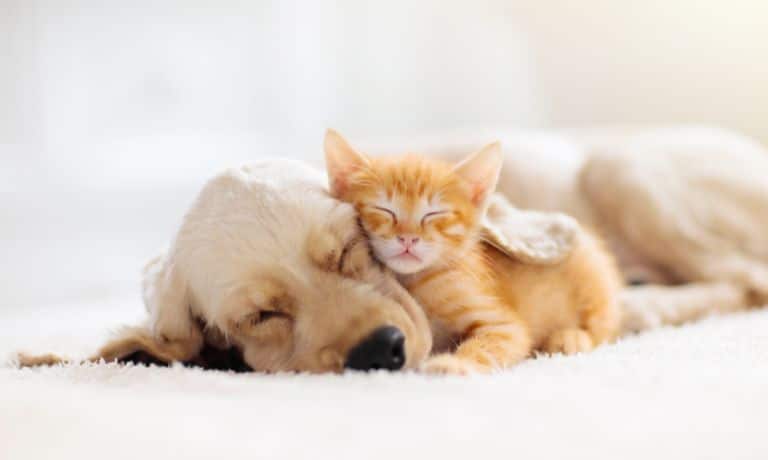
Taking care of pets often closely resembles caring for babies. Both babies and pets require assistance in potty training, rely on you for food and water, and depend on you if they fall sick. A lot of people even consider their pets as their children.
Many pets spend a majority of their lives indoors, within the shelter of your home. Creating a safe indoor space for your pets ensures they’ll live the happy, long, thriving lives they deserve. Here are three tips for making your home safer for your pets.
Monitor Indoor Temperature
Keeping your pets cool in the summer is important. Like humans, most pets are susceptible to certain temperatures. Any extremes can cause numerous potential health issues, from dehydration to hypothermia. Monitoring your indoor temperature and atmosphere keeps your pets safe while they’re inside. Plus, it creates a cozier ambience for them to enjoy as a contrast to the harsh conditions they might endure when it’s time for walks or outdoor bathroom breaks.
Minimize Use of Harsh Scents and Chemicals
Although chemical cleaning products get the job done and do it well, they can put your pets at risk. Harsh chemical-based cleaning products often leave residues and scents behind. Pets like to lick and sniff everything and anything, putting themselves at the mercy of any lingering toxins. Breathing in or digesting any of the corrosive chemical leftovers can lead to numerous health issues, such as poisoning, diarrhea, and severe vomiting. Avoiding products with harsh chemicals and scents reduces the risk of accidental chemical ingestion and poisoning your pet.
Avoid Toxic Houseplants
Pets also love to taste-test everything, especially plants. Although houseplants offer many beneficial enhancements to a home, a large variety of plants are toxic to animals. Some of the most common toxic houseplants include:
- Lilies
- Aloe Vera
- Snake plants
- Certain ivies
- Chrysanthemums
- Oleander
- Sago palms
Avoiding toxic plants or placing them in out-of-reach areas ensures your pets won’t go snacking on any poisonous greens. Fake plants also make great alternatives to houseplants; they add ambience and do little harm to pets unless swallowed whole.
Creating a safe home for your pets shows them the love they deserve. It also ensures that your favorite companions stay at your side for as long as possible and live meaningful, enriched lives.




